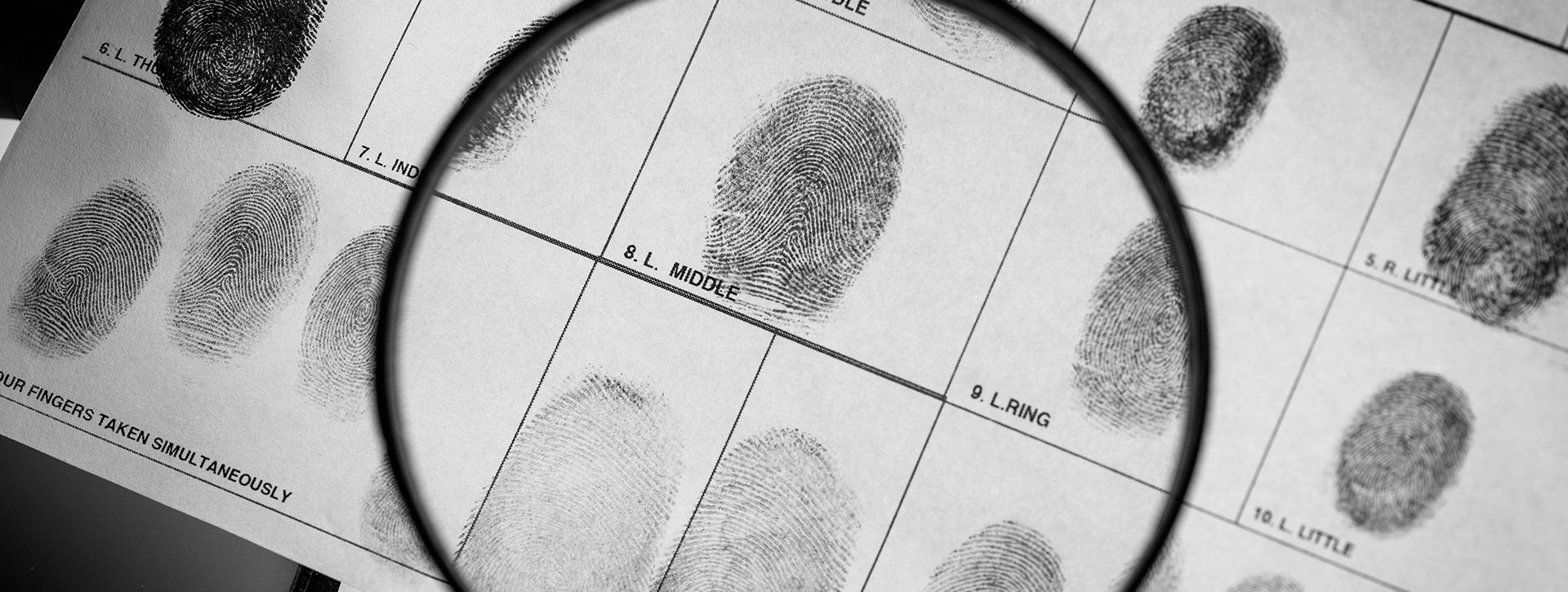
Fricano&Weber P.L.L.C. successfully provides personalized representaion.
Nashua Drug Crime Lawyers
New Hampshire Drug Possession Laws
New Hampshire categorizes illicit controlled substances into 5 different schedules, where Schedule I lists the most dangerous drugs with a high probability of abuse and no recognized medical value, and the subsequent schedules decrease in probability of abuse and increase in recognized medical uses. It is illegal to possess CDS without a valid medical prescription, and the penalties and sentencing will depend on the classification of the drug and amount in question.
Penalties for Possession of Controlled Substances in NH
In particular, possession of Schedule I, II, III, or IV CDS will result in the following penalties based on the number of prior convictions:
- First Offense Penalties – a fine of up to $25,000 and/or up to 7 years in prison
- Repeat Offense Consequences – a fine of up to $25,000 and/or up to 15 years in prison
Harsher Sentencing for Schedule V Drug Possession
Possession of Schedule V CDS are punished more harshly by:
- First Offense Fines and Sentencing – $15,000 in fines and/or up to 3 years in prison
- Subsequent Offenses: Increased Penalties – up to $25,000 in fines and/or up to 7 years in prison
Marijuana Possession Sentencing in New Hampshire
Marijuana carries its own specific sentencing, an adult (older than age 18) can face the following penalties based on the alleged amount in possession:
- Minor Marijuana Offenses: Fines and Penalties – $100 in fines
- Third Offense Marijuana Possession – $300 in fines
- Repeated Marijuana Possession: Legal Consequences – Class B misdemeanor with a fine of $1,200 and no prison time
- Major Marijuana Possession Charges – up to 1 year imprisonment and a maximum fine of $350.
Note that the above penalties apply to a person over the age of 21 who is guilty of possessing an amount equivalent to that for personal use, as well as marijuana-infused products like edibles, drinks, tinctures, and ointments.
Understanding New Hampshire's Drug Sale Laws
Beyond possession, sale of an illegal drug is severely punishable under state and federal law. Selling a controlled substance could include bartering, giving away, manufacturing, distributing, delivering, exchanging, or even offering to perform any of those activities. As a result, it is possible to be convicted even if no transaction ever takes place. Further, courts established that even bringing someone to meet another person to engage in the sale of a CDS is enough for conviction. For example, a person could be guilty of drug sale if they are prescribed medication and sell it to someone else.
Drug Sale Charges: Misdemeanor vs. Felony in NH
Depending on the severity of the crime, the sale of a CDS can be either a felony or misdemeanor, and a conviction can result in years of incarceration and substantial fines:
- Misdemeanor Drug Sale Penalties – up to 1 year in jail; around $1,000 in fines
- Felony Drug Sale Consequences – up to 40 years in prison for a first offense and up to a life sentence for multiple offenses; around $250,000 in fines per offense
Probation Terms for Drug Convictions in NH
A defendant may be sentenced to probation as well, which usually lasts at least 12 months or 2-5 years. Probation allows a person to serve their sentence outside of jail, though there are certain requirements to meet during the probation period, including meeting regularly with a probation officer, not committing additional crimes, submitting to drug tests, allowing random home or vehicle searches, performing community service, and maintaining employment.
Penalties for Marijuana Sale in New Hampshire
Regarding the sale of marijuana, an offense can be penalized depending on the amount allegedly sold or intended to be sold:
- Less than 1 Ounce: Marijuana Sale Penalties – felony punishable by up to 3 years’ imprisonment and a maximum fine of $25,000
- Repeat Offenses: Increased Marijuana Sale Penalties – felony punishable by up to 6 years’ imprisonment and a maximum fine of $25,000
- Significant Amounts: Severe Marijuana Sale Sentencing – felony punishable by up to 7 years’ imprisonment and a maximum fine of $100,000
- Substantial Quantities: Marijuana Sale Felony Charges – felony punishable by up to 15 years’ imprisonment and a maximum fine of $200,000
- Major Drug Trafficking: Marijuana Sale Penalties – felony punishable by up to 20 years’ imprisonment and a maximum fine of $300,000
- Drug Trafficking Repeat Offenses: Harsh Penalties – felony punishable by up to 40 years’ imprisonment and a maximum fine of $500,000
Note that a defendant could face enhanced penalties if the alleged sale occurred within 1,000 feet of a school zone, in which case they may be punished with a felony with double the sentence and the fine.
Contact Us for Legal Assistance with Drug Charges in NH


Fricano&Weber P.L.L.C. Drug Crime Legal Counsel
Having a criminal record with a drug charge could impede future employment or educational opportunities, such as in obtaining government-funded scholarships. We will analyze your situation and identify different legal strategies you can pursue. For instance, we can investigate whether the evidence was legally obtained by law enforcement or if there were violations of your constitutional rights during the police investigation. After all, if law enforcement failed to properly follow procedures, the evidence can be excluded from the case.

-
Legal Counsel Driven by Honesty
-
Diligent & Aggressive Representation
-
Close Attention to Detail on Every Case
-
25 Years of Experience as Prosecutors
-
Practical Experience & A Unique Perspective as Former Prosecutors
-
Always Prepared for Jury Trial
Whether you have questions or you’re ready to get started, our legal team is ready to help. Complete our form below or call us at (603) 823-3314.

